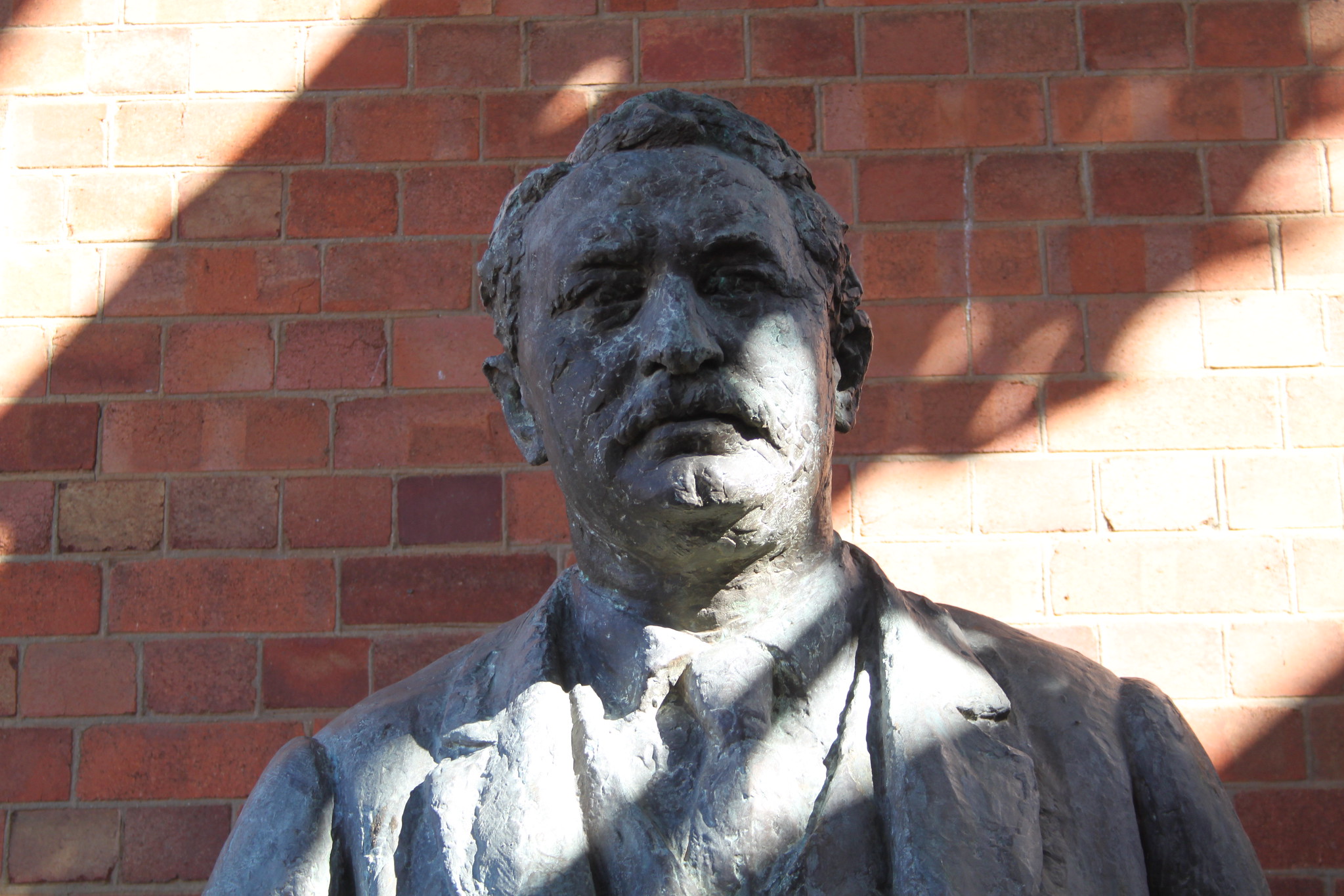The Economic Freedom Fighters, led by their firebrand leader Julius Malema, have staked their claim as South Africa’s most virulently populist party. The party’s radical rhetoric has spared no victim: economic, political, or social. Yet for all its bluster, the party has failed to capitalise on the electorate’s deep dissatisfaction with the long-ruling African National Congress, writes Collette Schulz-Herzenberg and Robert Nyenhuis.
Over the past decade, few social science phenomena have captured the energy and attention of academics quite like populism. Hundreds of academic articles and dozens of books have examined populist rhetoric, why citizens vote for populists, and the consequences of populist electoral success for democracies around the world. More recently, scholars have explored whether citizens themselves hold populist attitudes. These can be summarised as: strong opposition to elites, a romanticised version of the good common person, a clear division between elites and the common person, perceptions that government does not represent the people, and a desire for fewer constraints on the majority will.
The ‘populist citizen’ in South Africa
A significant share of South Africans hold populist attitudes. Roughly half of citizens hold the belief that electoral victors should not compromise, that majority will should reign supreme, and that citizens, not experts, should make important governing decisions. About 5 out of 6 voters think that politics is too complicated, politicians do not care about ordinary citizens, and elected officials only serve the interests of the elites. On the surface, these findings should be a cause for alarm among researchers concerned about the quality and consolidation of democracy in a country that is approaching the 30th anniversary of democratic rule.
Evidence from Europe and Latin America suggests that male, older, less educated, poorer, and unemployed citizens are more likely to harbour populist attitudes. In South Africa, some of these findings ring true, while others do not. Age and unemployment status do not strongly condition citizens’ attitudes. Female South Africans hold stronger populist attitudes than their male counterparts. There are strong correlations between education and income and populist attitudes with less educated and poorer South Africans holding very high levels of populist attitudes.
Unique to the South African case is the role of race. Black South Africans hold the highest levels of populist attitudes, when compared to their mixed-race, Indian, and white compatriots. In South Africa, the most marginalised citizens hold the strongest populist attitudes.
The EFF’s failure
Despite the prevalence of potential voters who share their views, South Africa’s leading populist party, the Economic Freedom Fighters, have failed to capitalise electorally.
Citizens who hold strong populist attitudes are no more likely to vote for the EFF than the incumbent African National Congress (ANC) or major opposition Democratic Alliance (DA). The EFF’s inability to translate populist attitudes into votes stems from three factors.
First, very few South Africans believe that the EFF would govern well. Citizens who are critical of the long-ruling ANC do not see any viable alternatives among the opposition, and they view the EFF as less credible than the DA. Most damning for the party is that citizens mistrust it much more than their political rivals.
Second, the EFF’s voter base is confined to Black South Africans. Although this is the largest racial segment of the electorate, South Africans overwhelmingly desire a multiracial democracy and are attracted to political parties that can credibly claim to represent all members of society. The EFF’s antagonism to racial minorities does it no favours in this regard.
Third, for all his stardom and media coverage, Julius Malema’s public performances have put off a considerable number of South Africans. Compared to Cyril Ramaphosa, three times as many citizens actively dislike Malema. Counterintuitively, this number increases among those who hold the strongest populist attitudes.
The shortcomings of the ANC in office have gifted opposition parties a considerable electoral opening. Several years of corruption and economic mismanagement have dented citizens’ confidence in the party of liberation. Disillusionment reached its nadir towards the end of the Jacob Zuma era. The EFF’s radical populism, displayed through its public spectacles of disrupting parliament, allowed the party to set the political agenda on certain issues (for example, Zuma’s misappropriation of public funds) and portray itself as the sole, legitimate representative of the (largely) Black working class. However, its racial exclusivity, lack of credibility, and scandals of their own have inhibited it from fully realising its electoral potential.
Photo credit: GovernmentZA used with permission CC BY-ND 2.0





